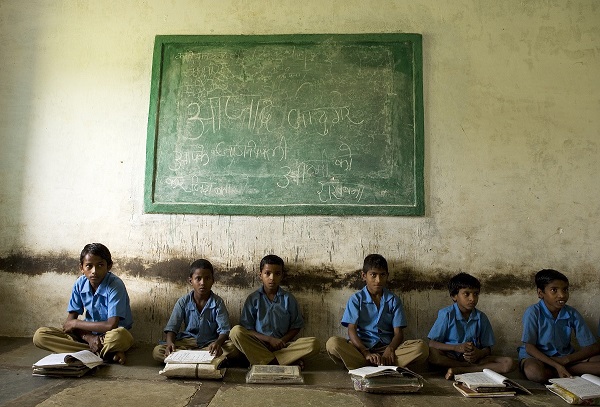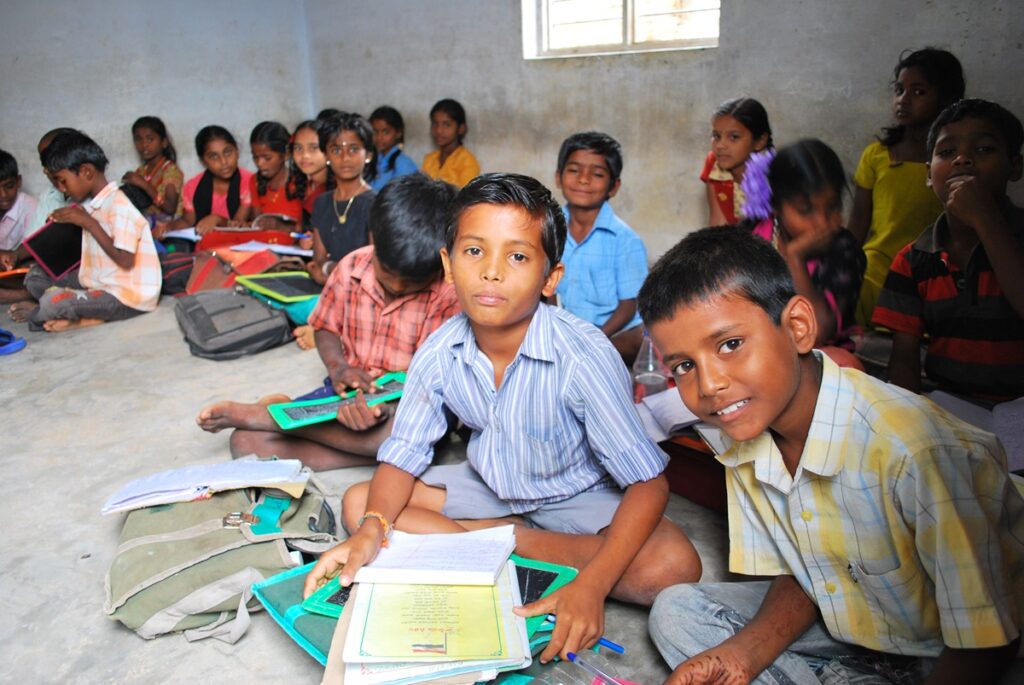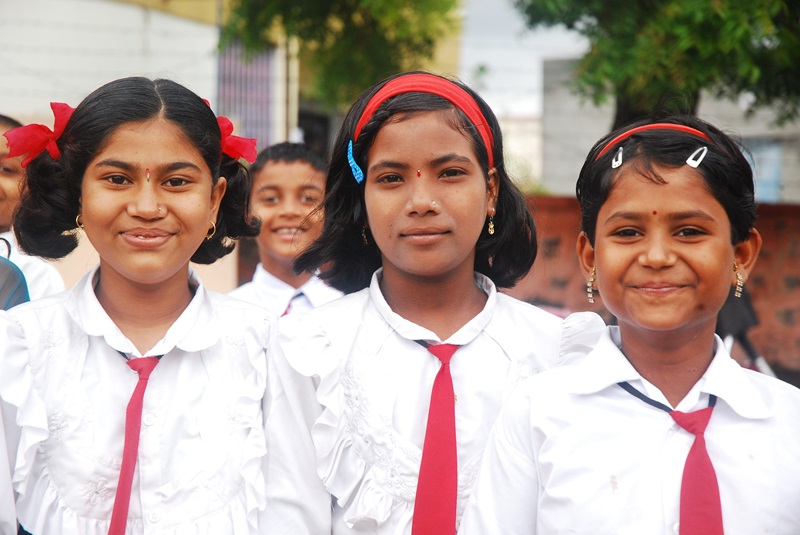
What is the Right to Education Act?- Importance and Responsibilities
The Right to Education Act is a major step taken by the Indian Government to boost the literacy rate in India. Recently, the Annual Status of Educati....
Read More
Education is crucial for a progressive society, and it is essential to ensure that every child has access to high-quality education. In India, the government has introduced various programs aimed at providing accessible and free education to all children, especially those from marginalized communities.
Free education programs offer several benefits, including:
1. Increased Enrollment: More children can attend school by removing financial barriers.
2. Enhanced Literacy Rates: Access to free education has significantly improved literacy rates nationwide.
3. Gender Equality: Special programs for girls ensure equal education opportunities.
4. Social Upliftment: Education empowers children from marginalized communities to break the cycle of poverty.
5. Holistic Development: These programs often include provisions for mid-day meals, uniforms, and books, ensuring the overall well-being of the children.
Organizations like CRY - Child Rights and You are dedicated to ensuring that every child receives the education they deserve. This blog outlines the top 10 government schemes, which have played a significant role in transforming the education system in India.
Launched in 2001, Sarva Shiksha Abhiyan (SSA) aims to provide universal elementary education to children aged 6-14 years. The program focuses on bridging gender and social gaps in education, improving the quality of education, and enhancing school infrastructure.
The Right to Education (RTE) Act, enacted in 2009, mandates free and compulsory education for children aged 6-14 years. The act ensures that every child has the right to quality education without any discrimination and sets minimum standards for schools.
NPEGEL is a focused intervention to reach the "Hardest to Reach" girls, especially those not in school. This program provides additional support for enhancing the education of girls from disadvantaged communities, including Scheduled Castes, Scheduled Tribes, and minorities.

The Beti Bachao, Beti Padhao program aims to address the declining child sex ratio and promote the education and empowerment of girls. Launched in 2015, the program focuses on changing societal attitudes towards girls and ensuring their education and participation.
This program encourages the enrollment of girls in secondary education, particularly those from Scheduled Castes and Scheduled Tribes. It provides financial incentives to girls who have passed class VIII and enroll in secondary school.
RMSA aims to enhance access to secondary education and improve its quality. Launched in 2009, the program seeks to universalize secondary education by providing a secondary school within a reasonable distance of every habitation and improving school infrastructure.
Samagra Shiksha is a comprehensive program that integrates three previous schemes: SSA, RMSA, and Teacher Education (TE). It aims to ensure inclusive and equitable quality education from preschool to senior secondary levels. The program focuses on digital education, vocational training, and teacher training.
The CBSE Udaan program aims to address the low enrollment of girls in prestigious engineering and technical institutions. It provides free online resources, tutorials, and mentoring to female students from economically disadvantaged backgrounds to help them prepare for engineering entrance exams.
KGBV aims to provide quality education to girls from disadvantaged communities in rural areas. The program establishes residential schools for girls at the upper primary level, ensuring that they have access to education in a safe and supportive environment.
Although primarily a savings program, Sukanya Samriddhi Yojana indirectly supports the education of girl children. The program allows parents to save for their daughters' education and marriage, providing financial security for their future educational needs.
By addressing financial, social, and infrastructural barriers, these programs have made significant strides in ensuring that every child, regardless of their background, has access to quality education. Organizations like CRY - Child Rights and You play a crucial role in advocating for these rights and supporting the implementation of these programs. Through collective efforts, we can ensure that every child in India enjoys their right to education, paving the way for a more equitable future.
Join us and donate to help children get the education they deserve and give them a brighter future!